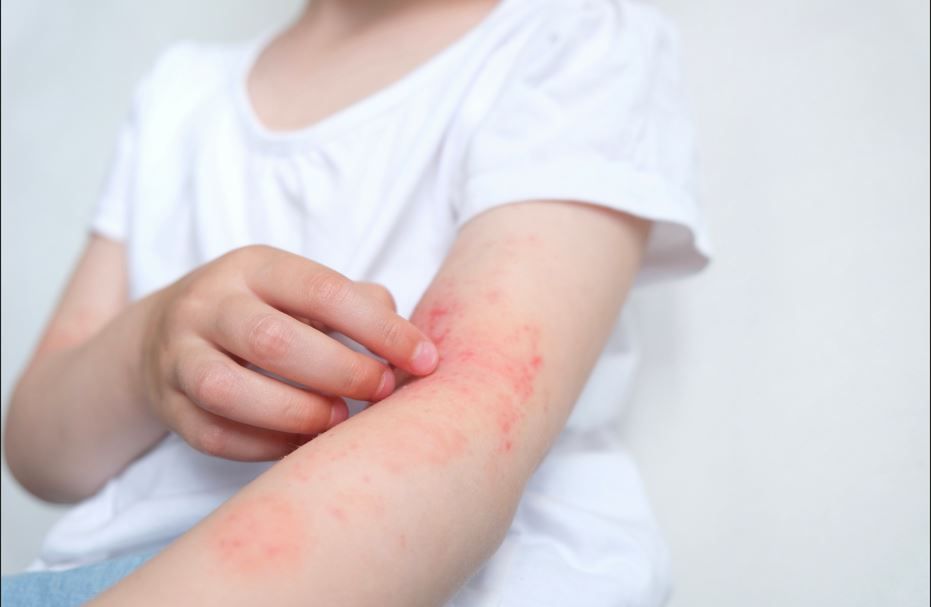- Clinical Technology
- Adult Immunization
- Hepatology
- Pediatric Immunization
- Screening
- Psychiatry
- Allergy
- Women's Health
- Cardiology
- Pediatrics
- Dermatology
- Endocrinology
- Pain Management
- Gastroenterology
- Infectious Disease
- Obesity Medicine
- Rheumatology
- Nephrology
- Neurology
- Pulmonology
Intervene Early in AD to Avoid Lasting Psychological Impact
Controlling atopic dermatitis signs and symptoms early can alter social, emotional, and functional outcomes, sometimes dramatically.
The recognition that atopic dermatitis (AD) has profound, lasting psychological effects makes a compelling case for early and adequate treatment, of course to clear the skin, but also to prevent long-term psychosocial sequelae. Treatment decisions should weigh not only current disease severity but also the potential lifelong impact of inadequately controlled disease during formative years.
©Марина Терехова/stock.adobe.com

Why Treatment Timing Matters
"It could change a life," Mona Shahriari, MD, assistant clinical professor of dermatology at the Yale School of Medicine, underscored when discussing the importance of early, effective AD treatment.3 The stakes extend beyond temporary symptom relief1,3-5,8:
- Preventing psychological scarring - Early control may prevent the development of lasting self-esteem issues and social anxiety
- Preserving normal development - Adequate treatment allows children and adolescents to participate fully in age-appropriate activities
- Breaking the itch-scratch-sleep cycle - Improved sleep supports both physical and mental health
- Reducing caregiver burden - Effective treatment decreases family stress and improves household functioning
The decision to escalate therapy should consider not just EASI scores but the patient's quality of life, functional impairment, and psychological well-being. A patient with "moderate" disease by clinical measures but who experiences significant psychosocial impact may need more aggressive treatment than objective severity suggests.
Treatment as Mental Health Intervention
Effective AD treatment functions as a mental health intervention. Research shows that1,4,5:
- Symptom control improves psychological outcomes - Patients achieving skin clearance report better mood, reduced anxiety, and improved quality of life
- Itch relief improves sleep, which improves mental health - Breaking the itch-sleep-distress cycle has cascading positive effects
- Visible improvement boosts self-esteem - Particularly important for adolescents navigating social development
However, clinicians must also set appropriate expectations. Even with excellent skin control, some patients may need additional psychological support to address established patterns of anxiety, avoidance, or low self-esteem. The goal is not just clear skin but restored functioning and quality of life.
